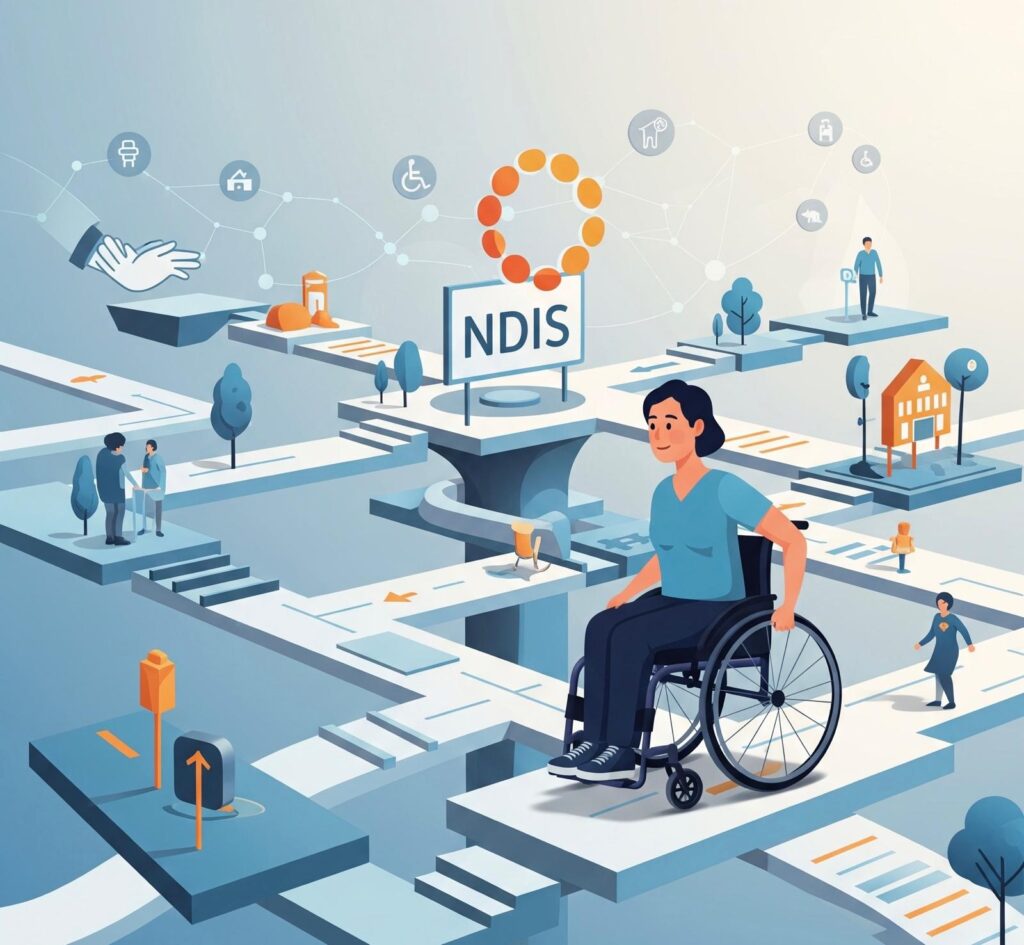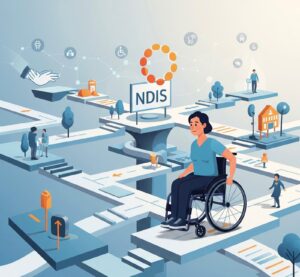By Therapy Near Me | August 2025
Nourishing a toddler’s mind isn’t just about growth—early nutrition plays a crucial role in emotional wellbeing, cognitive function, mood regulation, and behavior. This deep dive explores optimal foods, key nutrients, and practical tips to support your toddler’s mental health.
1. Why Nutrition Matters Early
The first 1,000 days—from conception to age two—form a foundational window for brain development and long-term mental health (Cusick & Georgieff, 2016) . Early nutrient deficits can disrupt myelination, neurotransmission, and emotional regulation (Rosales et al., 2009; Doan et al., 2017) . Thus, providing key nutrients during toddlerhood supports optimal neurodevelopmental trajectory (Wyeth Nutrition Science, 2025) .
2. Critical Nutrients & Brain-Boosting Foods
- Choline, DHA, Iron, Zinc, Iodine, B‑Vitamins, Protein are elemental for memory, mood, attention, and emotional resilience—deficiency risks include reduced IQ and increased behavioral issues (AAP, 2018; Time) .
- Eggs are a superstar: rich in choline, B12, folate, and protein essential for memory and cognitive growth (UCLA Health) ; similarly acknowledged in broader child nutrition guidelines .
- Fatty Fish (Salmon, Sardines) provide DHA—critical for brain structure and function—and support emotional learning capacity (Times of India) .
- Leafy Greens & Colorful Veggies (e.g., broccoli, spinach, berries) offer iron, folate, antioxidants, and mood-stabilizing nutrients (Times of India; Verywell Mind) .
- Whole Grains and complex Carbohydrates sustain stable energy, uphold focus, and prevent mood swings via balanced glucose delivery (Wikipedia: Nutrition and Cognition) .
- Nuts, Seeds & Legumes supply healthy fats, zinc, and protein—all building blocks for emotional regulation and neural function (ChildPsych resource) .
3. Foods That Support Mood & Emotional Well-being
Nutritional psychiatry highlights how diet affects emotions through gut-brain signaling. “Feel-good foods” like fruits, oily fish, nuts, and eggs enhance brain health and mood (Verywell Mind) . Practical swaps—like replacing ultra-processed snacks with wholesome alternatives—improve behavior, sleep, and academic performance (The Sun via experts) .
4. Real-World Benefits & Observations
A UK study found toddlers with higher fruit and vegetable intake and regular breakfasts had significantly better mental well-being scores (EatingWell) . Although causality remains under research, the link between whole-food consumption and improved mood, attention, and cognitive outcomes is growing stronger (Wikipedia: Well-Being Factors) .
5. Practical Tips: What to Feed Your Toddler
- Balanced meals: Combine protein (eggs, fish), healthy fats, iron-rich veg, whole grains, and dairy or plant-based alternatives.
- Family mealtime rituals: Sitting down together supports not just nutrition but emotional connection and mindful eating (YoungMindsNetwork) .
- Limit ultra-processed foods: Reduces sugar spikes, preserves gut health, and supports steady mood and energy.
- Hydration matters too: Even mild dehydration can impair mood and cognition.
- Make it fun and varied: “Eat the rainbow”—offer colorful, nutrient-rich foods regularly .
6. Creating Sustainable, Brain-Healthy Habits
Early dietary habits often persist into adulthood. Prioritize nutrient-dense, minimal-processed foods as the default. Monitor for nutrient gaps—especially in picky eaters—and consult professionals if needed. Remember, even small, consistent dietary improvements can yield long-term mental health dividends.
Keywords
toddler brain foods, foods for toddler mental health, toddler nutrition and mood, best foods toddler brain development, foods to support toddler cognition, nutrition for toddler emotional health, toddler mood boosting snacks, mental health diet toddlers, eggs DHA toddler brain, veggie intake toddler mental wellbeing
References
Cusick, S.E. & Georgieff, M.K. (2016) ‘The Role of Nutrition in Brain Development: The Golden Opportunity of the “First 1,000 Days”’, The Journal of Pediatrics.
Rosales, F., Reznick, J.S. & Zeisel, S. (2009) ‘Understanding the role of nutrition in the brain and behavioral development of toddlers and preschool children’, Nutritional Neuroscience
Doan, A. et al. (2017) ‘Early nutrition influences developmental myelination and cognition in infants’, NeuroImage
Nestlé Nutrition Science (2025) ‘Toddler nutrition and brain development’
AAP (2018) ‘Most Important Nutrients for Your Baby’s Brain’, Parents.
Time (2018) ‘These Are the Best Foods for a Baby’s Brain’, Time Magazine.
UCLA Health (2022) ‘Baby Brain Food: 7 Foods to Fuel Brain Development’
Times of India (2025) ‘Common Foods to Boost Brain Development of Kids’
Verywell Mind (2022) ‘Feel-Good Foods: The Diet-Brain Connection’
Wikipedia contributors (2025) ‘Nutrition and cognition’, Wikipedia.
ChildPsych.org (2023) ‘Foods That Boost Mental Health in Children’
EatingWell (2022) ‘Eating More Fruits & Veg Could Give Kids a Mental Health Boost’
Wikipedia contributors (2025) ‘Well-being contributing factors’, Wikipedia.
YoungMindsNetwork (2025) ‘The Role of Nutrition in Your Child’s Mental Health’
The Sun (2024) ‘6 Simple Food Swaps Improve Behaviour’, via nutrition experts








